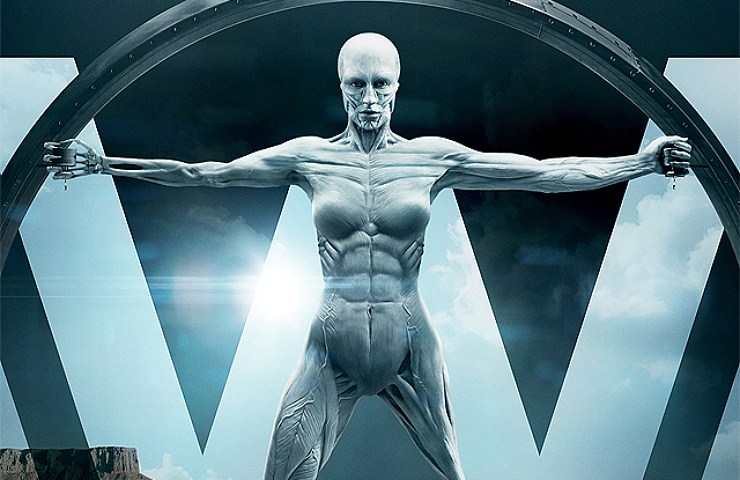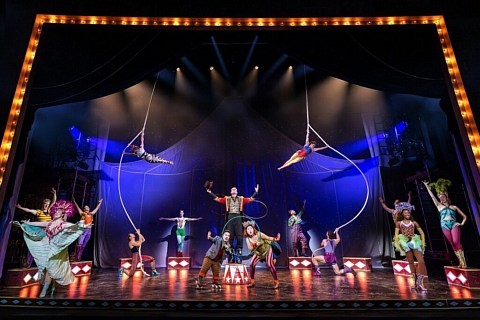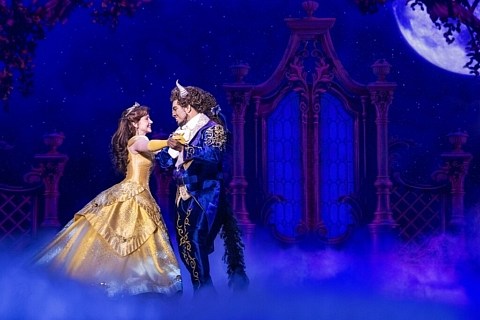Although Anthony Hopkins’ creative director, Dr. Ford, believes that there’s a deeper level for the “guests” of his android-based theme park Westworld, very few instances across its first two episodes indicate that the “guests” believe so.
For the most part, the park’s visitors ignore the various story lines woven into Westworld (the location) through the android’s programming that they can play along to, and seem to only celebrate how awesome it is that they can have sex with and kill the robots with no consequences. They’re acting on animalistic urges that they don’t exactly need the wild west setting to facilitate.
It works a bit as an analogy for other HBO series, “Game of Thrones,” where the depth of the story lines were also once ignored as an excuse for violence and nudity. Unfortunately, it isn’t the only time “Westworld” serves as a reminder of how easy it is to misunderstand what makes “Game of Thrones” work.
With its expansive cast, overwhelming number of story lines, and the previously mentioned violence and nudity “Westworld” seems designed to reel in the mass audience that HBO saw precipitate around “Game of Thrones” into another series they can buzz about into oblivion.
It’s a pre-made hit, a beyond expensive adaptation of a modestly successful B-movie written and directed by entertainment behemoth Michael Crichton, who also wrote the billion dollar-grossing film “Jurassic Park” (based on a novel he’d written of the same name), that is co-created by Jonathon Nolan, frequent co-writer and brother to billion-dollar grossing director Christopher Nolan, and produced by J.J. Abrams, the billion-dollar grossing director of “Star Wars: The Force Awakens.”
With so many masters to play to, though, it seems the show is tripping over itself to figure out what it exactly wants to be.
While it’s likely that once it’s fully set up its various arcs, a clear direction will shape around them, “Westworld” appears to be tossing its many story lines into each individual episode without a sense of how to construct their paths evenly. The episodes so far can be summarized as “things happening,” without a real conflict in many of the stories. This might appear to have the same formula as “Game of Thrones,” but “Westworld” is missing vital components to make it work the same way.
“Game of Thrones” spans over two continents, a wide distance of land that separates many of the characters geographically. Because of this, “Game of Thrones” could act like a TV show hosting several smaller TV shows within, with the overreaching setting of Westeros and Essos as well as the central obsession with The Iron Throne and “Winter is Coming.”
“Westworld” appears to have a similar scope, given the size of the titular park, but it’s really only two locations: the park and the science facilities that design and maintain the androids, which together might as well act as one setting given how they flow into each other. Since the stories haven’t really begun to interact, the lack of space means that the stories are just stewing awkwardly together, clumping up without the fluidity necessary to work in such close quarters.
Now, between its “Game of Thrones” aping and its silly addiction to applying twists of every shape and size around each corner for pointless wows, there are some qualities that shine a light toward the show improving. There’s a hollow tone with the androids that seems to be filled any time one of them gains some deeper emotion. The direction so far is impeccable, capable of the western thrill and sterile disturbance its two worlds hold. There’s a large sense of pulpy fun in the theme park that, at times, makes its verbal stumbles charming. And its cast might be overstuffed, but at least it’s overstuffed with talent.
James Marsden glows with a simple decency as a noble mechanical gunslinger, Teddy. Jeffrey Wright burns with reserved intelligence as its chief robotics creator, Bernard Lowe, finding intuitive sincerity in even the choppiest of nerdy dialogue. Ed Harris radiates sinister cool as the towering, mysterious Man in Black. Best of all, Thandie Newton and Evan Rachel Wood stand out as the centerpiece androids, as prostitute Maeve and young, innocent Dolores, who happens the be the oldest android in the park. The two seamlessly process through layers of thought and internal wiring through their characters’ rise to sentience, able to engage in an array of emotion with only the slightest of facial contortions.
“Westworld” has enough going for it, including its intriguing themes about what constitutes life and what drives humanity, that if it can find itself as a series underneath its “Game of Thrones” configurations, as well as the multiple, billion-dollar voices powering it, it stands to be genuinely great.
Until then, it just needs to avoid tripping into itself so much.
6 out of 10





Recent Comments